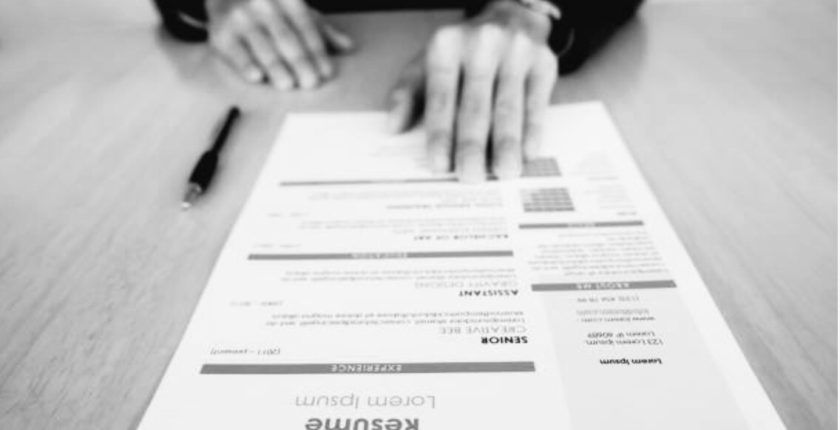Getting a job starts with a resume
You were qualified for a job but not getting an interview? Sending tons of resumes but hearing nothing back? Here are some tips on how to present yourself on a few pieces of paper and how to make it easy as possible for the hiring manager to choose you. And the most important thing is to “Keep it brief, few people have time to read a 5-page CV”, typical positions should not go beyond two clear pages of A4.
- Choose the right Resume Format and use a Conservative Font such as Times New Roman, Arial, or Calibri at a size between 10pt to 12pt.
2. Personal information: It should be easy and quick to read and has to be accurate.
a. FULL NAME not a nickname.
b. Professional passport size photograph, Nationality, Date of birth, Marital Status, and Address are essential in the Middle East as certain age limits apply for visa approval.
c. Phone number (the one you answer).
d. Professional e-mail address, avoid unprofessional e-mail address such as scorpion911, lady1 etc…
d. URL of your LinkedIn profile, blog or portfolio.
3. Summary or Objective: Is your opportunity to sell yourself. We suggest that you write two or three lines not more; that tells a recruiter who is you, what are you looking for, what do you offer?
4. Career History: Always start with the most recent and work back in time. Include duration of employment, job title, your employer’s name, the city in which it is located, and a short description of your responsibilities. While you’re describing your roles and responsibilities at each job, lead with an action verb because it makes your resume more readable and lists things out in bullet points.
5. Education: List Your Education Correctly. The right resume education order is to place your highest degree first and then add any other degrees after in reverse-chronological order.
6. Skills: Put relevant skills that fit the Job Ad. The skills section of a resume is just as important as your professional experience section. When the hiring manager sees that you have the ability to get the job done, he’s much more likely to take your resume seriously.
7. Hobbies and Interests: A short note of your relevant hobbies and interests proves your ability to work well in a team.
8. Cover Letter: Complement Your Resume With a Cover Letter. We suggest that you limit your cover letter length to 3-4 paragraphs, not more, opening each with a succinct topic sentence and closing with an attention-grabbing final thought.

